Oregon's EQC votes to approve Climate Protection Program

“Transition is inevitable. Justice is not.”- Quinton Sankofa, Movement Generation
Climate disruption isn’t an “environmental” issue in the usual sense. It’s a basic matter of social and economic justice.
The impacts of climate change generally hit first and worst on those who do the least to cause it and are the most vulnerable to the consequences. And the primary cause of climate change–fossil fuel extraction, transportation and combustion–takes a heavy toll on the health and well-being of communities of color, indigenous people, and low-income communities.
So addressing the climate challenge means more than emission reduction, more than simply mitigating environmental impacts of our economic and energy systems. It means rebuilding those systems to deliver sustainable prosperity–economic health that works for a long time and a lot more people.
A clean energy economy can offer that promise. It can produce economic vitality in the present without destroying the future. It can produce shared prosperity, by reducing the concentrated economic power of fossil fuel suppliers, investing in communities, and increasing reliance on abundant local resources.
But this transition won’t be easy or quick. It’s a huge social and economic shift, and that always poses challenges, particularly for those who live closest to the economic margins and those who rely on fossil fuel industries for work. The clean energy transition is about shrinking carbon footprints, but it won’t work unless it’s also about growing:
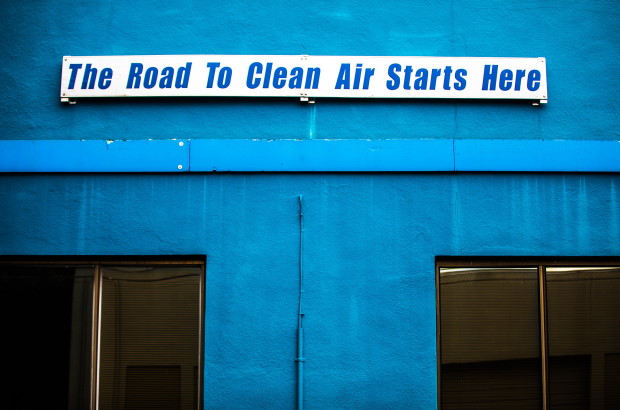
By: Meredith Connolly on
Earlier today, Oregon's Environmental Quality Commission just approved new rules that will help hold Oregon's industrial polluters accountable.
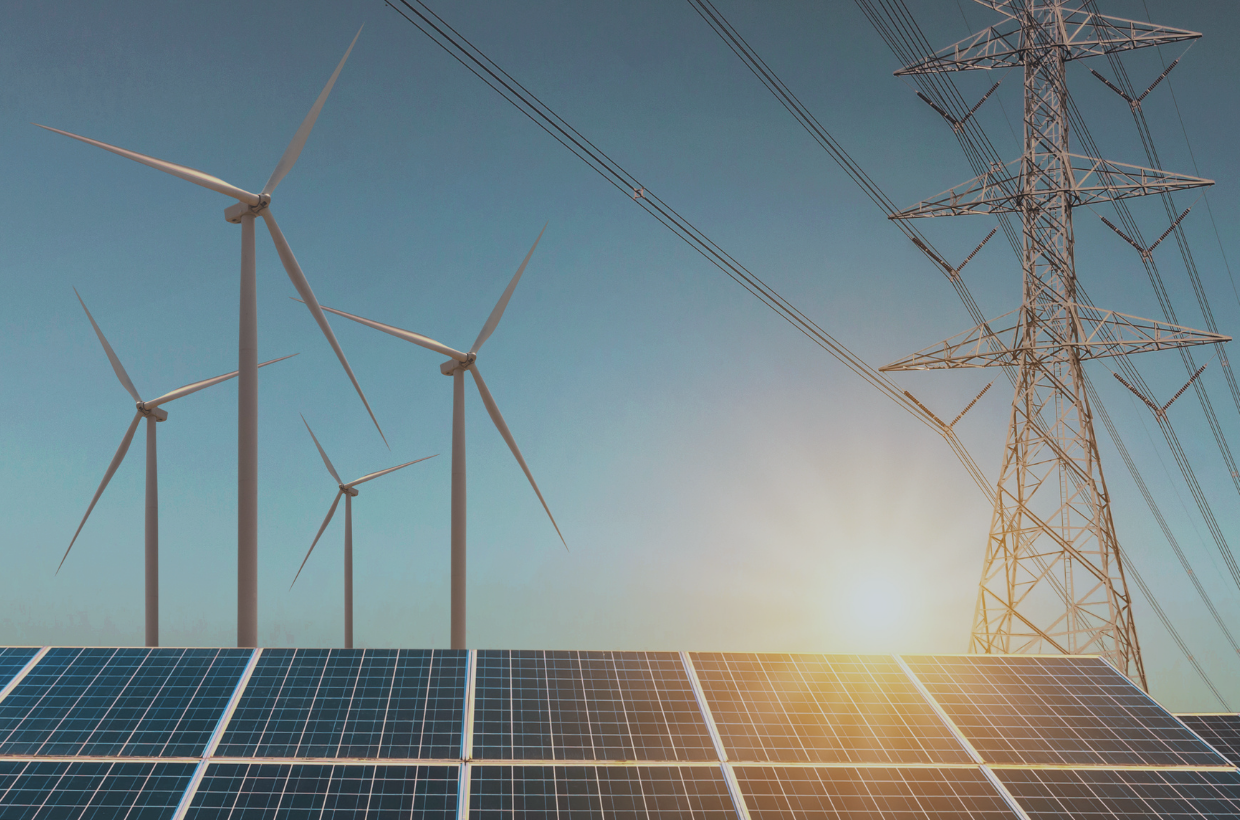
By: Kimberly Larson on
Our latest Climate Leaders Live webinar celebrated the Pacific Northwest as the first region to commit to 100% clean energy.
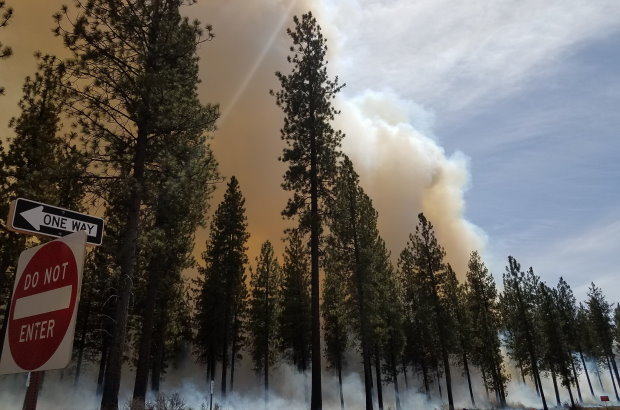
By: Gregg Small on
The climate crisis seems to be getting worse, but we also know there is a window of time right now when we can still make a big positive difference.
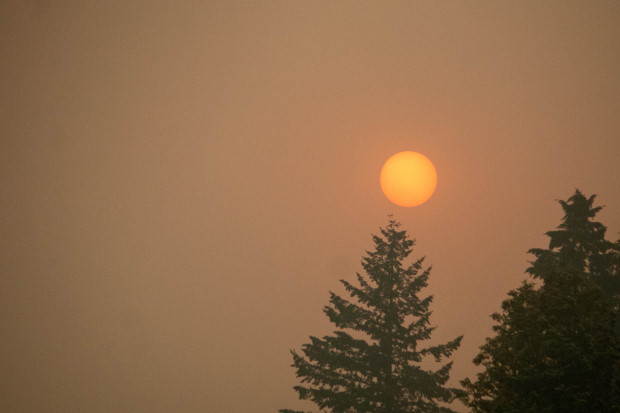
By: Jonathan Lee on
Oregon's Department of Environmental Quality has been developing rules to hold our state's biggest polluters accountable for the first time, but we're losing ground to industry lobbyists.

By: Jonathan Lee on
Oregon’s 2021 legislative session has come to a close. We’ve made some major progress on statewide climate action, but before we dive into those details, let’s talk about how we got here.

By: Leah Missik on
This really may be our best and last chance to pass the climate investments we need at the federal level. Act now!
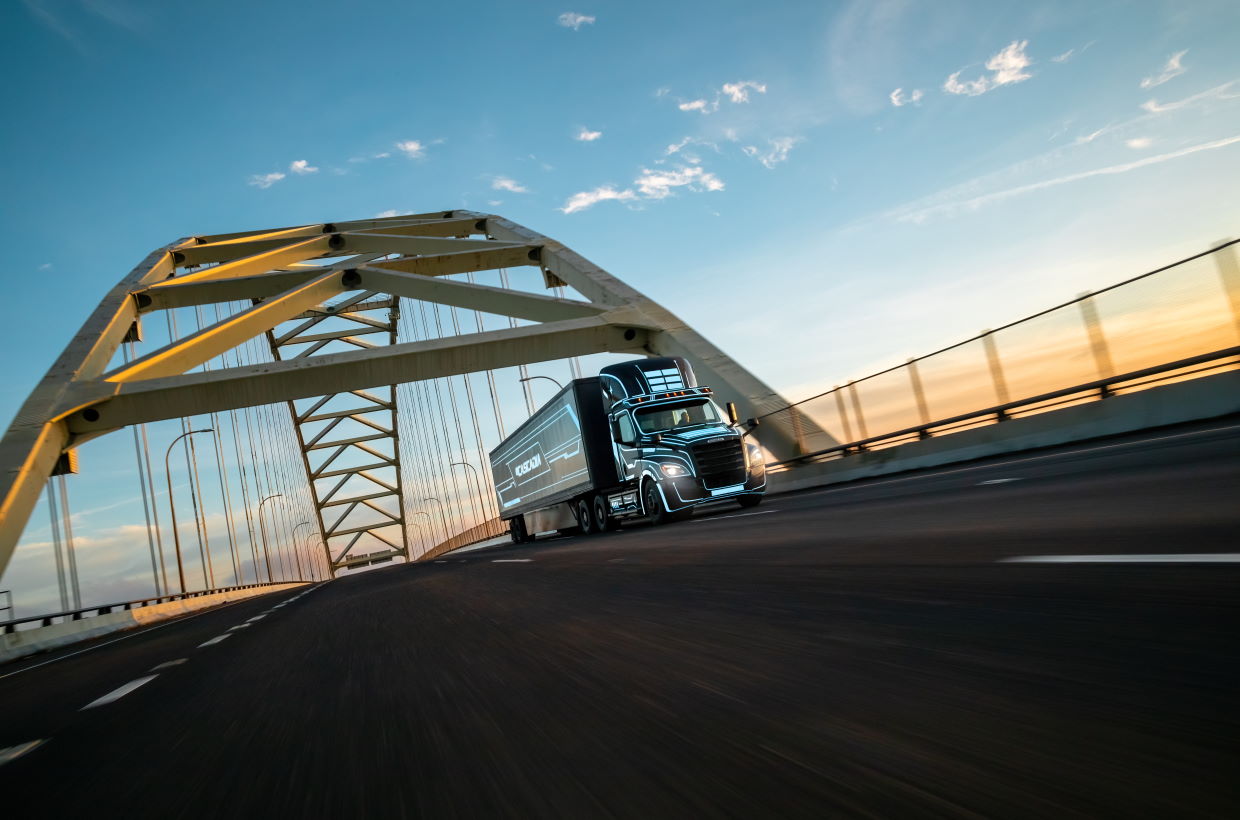
By: Victoria Paykar on
Oregon passed two clean transportation bills so far this year, but our work isn’t over.

By: Meredith Connolly on
HUGE NEWS from Salem!! House Bill 2021, which commits Oregon to 100% clean, carbon-free energy by 2040, was just passed by the state legislature!
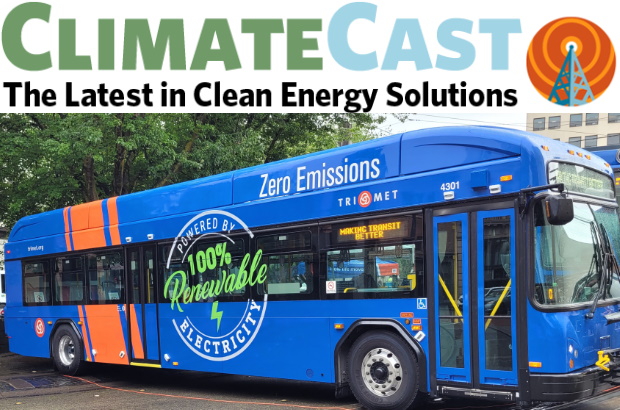
By: Jonathan Lee on
TriMet doubles down on clean electricity, Keystone XL pipeline is cancelled, and carmakers up the ante on EVs.
Join our email list to learn about what we do and how to get involved.